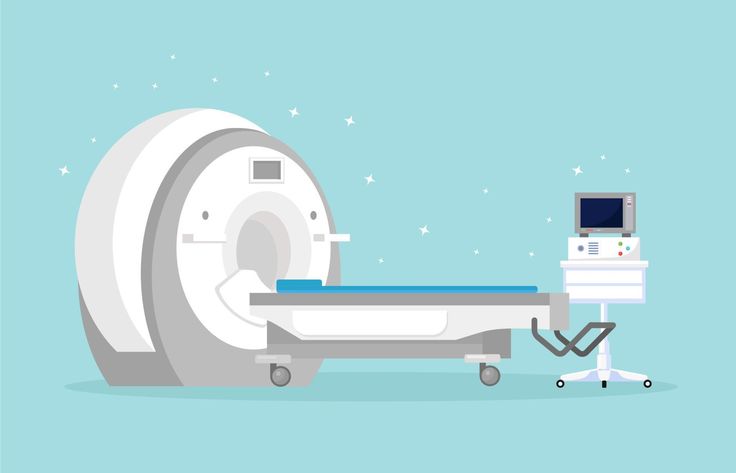In today’s fast-paced world, many of us are grappling with modern health issues such as chronic stress, digestive problems, and other lifestyle-related ailments. While conventional medicine offers various treatments, an ancient practice known as Panchakarma, a key component of Ayurvedic medicine, is gaining renewed attention for its potential to address these concerns holistically. This blog explores how Panchakarma can help manage and alleviate modern health issues, focusing on stress, digestive problems, and more.
What is Panchakarma?
Panchakarma is a comprehensive detoxification and rejuvenation therapy rooted in Ayurveda, an ancient system of medicine from India. It is called “Panchakarma,” which translates to “five actions” or “five therapies.” These aim to improve overall health, restore equilibrium to the body, and eliminate accumulated toxins. The five key therapies are:
- Vamana (Emesis Therapy): Causes therapeutic vomiting with the goal of clearing the stomach and upper respiratory tract of excess mucus and contaminants.
- Virechana (Purgation Therapy): Employs herbal laxatives to remove toxins and excess bile from the intestines.
- Basti (Enema Therapy): Administers medicinal enemas to cleanse the lower digestive tract and balance the doshas, or body energies.
- Nasya (Nasal Therapy): Involves administering medicated oils or powders through the nasal passages to clear toxins from the head and neck region.
- Raktamokshana (Bloodletting Therapy): Removes impure blood to detoxify the body and improve circulation (used less frequently in modern practices).
Addressing Stress with Panchakarma
Stress is a pervasive issue in the modern world, impacting both mental and physical health. Chronic stress can lead to a range of problems, including anxiety, depression, insomnia, and cardiovascular issues. Panchakarma offers a multi-faceted approach to managing stress through several key strategies:
- Detoxification: Stress often exacerbates the accumulation of toxins in the body, leading to imbalances and further health issues. Panchakarma’s detoxification processes, such as Vamana and Virechana, help clear these toxins and restore balance.
- Relaxation: The goals of panchakarma therapies are to create a state of calm and profound relaxation. Techniques like Abhyanga (oil massage) and Shirodhara (pouring warm oil on the forehead) are known for their stress-relieving benefits.
- Mind-Body Connection: Panchakarma emphasizes the connection between mind and body, encouraging practices such as yoga and meditation to support mental well-being. These techniques improve general health and lower stress.
Alleviating Digestive Problems with Panchakarma
Digestive issues are a common complaint in modern times, often linked to poor diet, stress, and sedentary lifestyles. Irritable bowel syndrome (IBS), constipation, and bloating are just a few of the ailments that can seriously lower quality of life. Panchakarma offers several approaches to address these problems:
- Cleansing Therapies: Virechana and Basti are particularly effective for addressing digestive issues. Virechana helps to clear excess bile and toxins from the digestive tract, while Basti provides targeted relief by cleansing the lower gastrointestinal tract.
- Dietary Adjustments: Panchakarma includes dietary recommendations tailored to individual needs. These modifications can aid in restoring equilibrium, lowering inflammation, and enhancing digestion.
- Restorative Practices: Panchakarma incorporates restorative practices such as Abhyanga and Pinda Sweda (herbal fomentation). These treatments improve circulation, alleviate discomfort, and support overall digestive health.
Additional Benefits of Panchakarma for Modern Health Issues
Beyond stress and digestive problems, Panchakarma offers a range of benefits for other common health concerns:
- Boosting Immunity: Frequent Panchakarma treatments help strengthen the body against disease and eliminate toxins, which can improve immunological function. A balanced immune system is crucial for preventing illness and maintaining overall health.
- Improving Sleep: Insomnia and poor sleep quality are widespread issues in the modern world. Panchakarma treatments, such as oil massages and Shirodhara, can help to improve sleep patterns and encourage sound sleep.
- Enhancing Energy Levels: Fatigue and low energy are common complaints that can stem from various factors, including stress and poor diet. Panchakarma treatments help rejuvenate the body, restore vitality, and increase energy levels.
Integrating Panchakarma into Modern Life
It takes careful preparation and dedication to integrate Panchakarma into a contemporary lifestyle. The following advice will help you incorporate this age-old habit into your daily life:
- Consult a Practitioner: To find the best Panchakarma therapies for your unique needs and health challenges, consult with a licensed Ayurvedic practitioner.
- Prepare for Detox: Before undergoing Panchakarma, it’s important to prepare your body through dietary and lifestyle changes. This preparation helps enhance the effectiveness of the treatments and ensures a smoother detox process.
- Maintain a Balanced Lifestyle: After completing Panchakarma, continue to support your health with a balanced diet, regular exercise, and stress management techniques. Incorporating Ayurvedic principles into daily life can help sustain the benefits of the treatment.
Conclusion
Panchakarma offers a holistic approach to addressing modern health issues, including stress, digestive problems, and more. By combining ancient wisdom with contemporary needs, Panchakarma provides a comprehensive solution for restoring balance and promoting overall well-being. If you’re seeking a natural and effective way to manage your health concerns, exploring Panchakarma might be a valuable step towards achieving a healthier and more balanced life.




